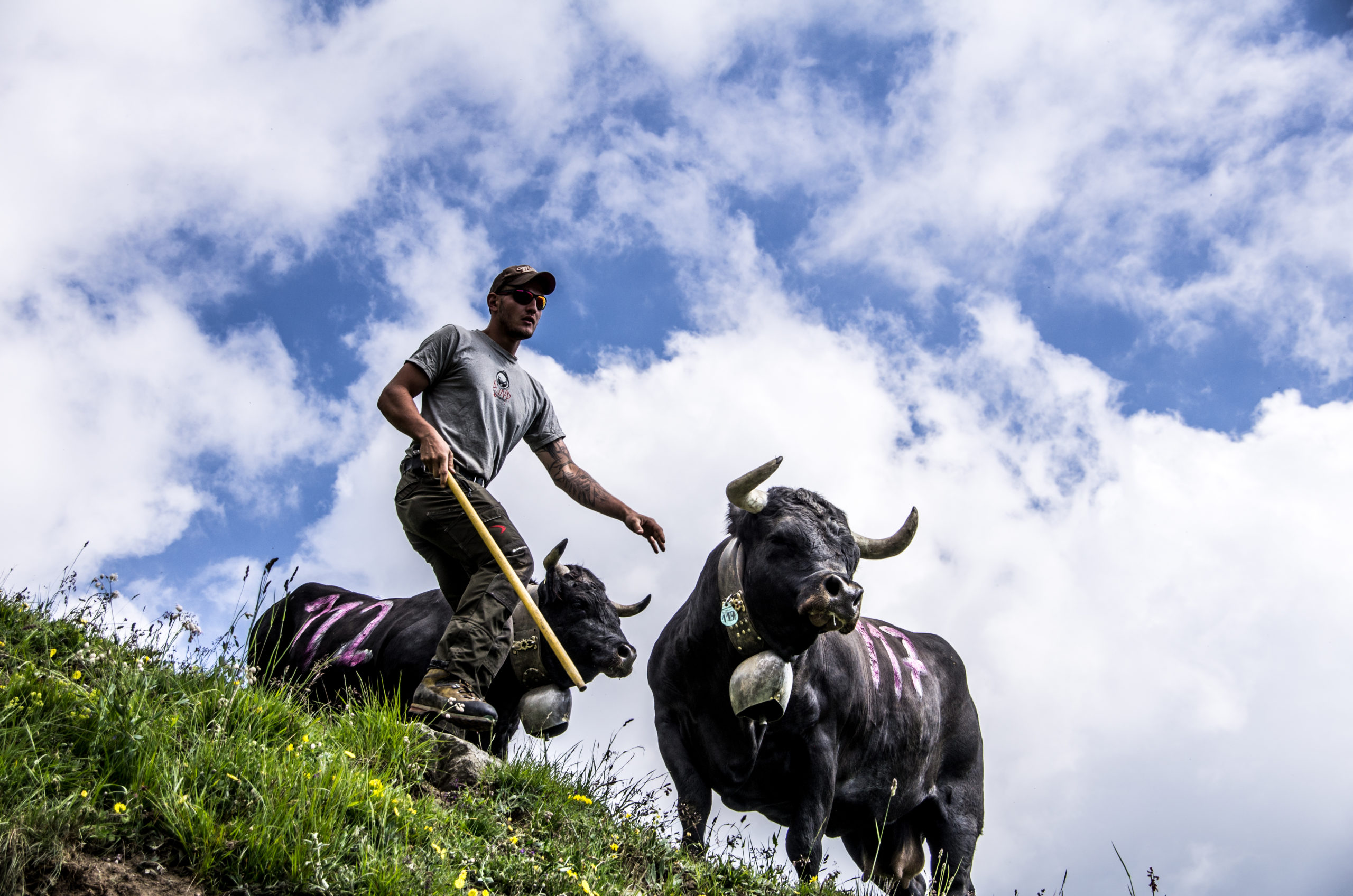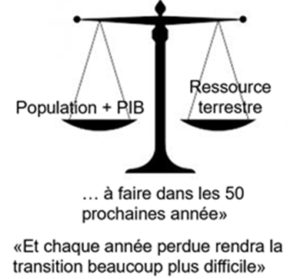PROGRAM
Mountain communities, from autarky to autonomy
Tue. 5 July 2022
13:30 — 19:00
Excursion, Landscape reading, Sound performance, Apéro,
TICKETS

PROGRAM OF THE DAY
13:22
Arrival of the bus in Zinal (Bus stop Zinal, Centre) and excursion to the Alpage de Cottier
Intervention and landscape reading during the walk by Stéphane Genoud and Emmanuel Reynard: Climate change and adaptation of communities
15:30
Arrival at Cottier, cold drinks and snack
16:00
Intervention of Stéphane Genoud: Energy autonomy in Cottier, we take action
17:00
Sound performance of Artists Sonandes (Bolivia): Guely Morató Loredo, Víctor Mazón Gardoqui, Gilmar Gonzalez, Eloísa Paz Prada, Adrián Rodríguez
18:00
Apéro
19:00
Departure on foot from Cottier
19:52
Departure of the bus from Zinal
A WORD FROM THE PARTICIPANTS
Mountain societies are faced with particularly strong climatic and topographical constraints. They have had to adapt to these conditions in different ways (economic organization according to the rhythm of the seasons, construction of protective structures against natural hazards, community management of resources). The current climate change requires new forms of adaptation, notably towards more energy autonomy. During the ascent to the Cottier mountain pasture, the natural constraints of mountain life and the various adaptations will be discussed. At the mountain pasture, the energy autonomy methods put in place will be discussed.
_ Emmanuel Reynard

It would be wrong to believe that we can still imagine a sustainable world in the sense of the Brundtland Report, i.e. a balance between the three spheres of economy, society and environment.
Even the Federal Office for the Environment points out that this “compensatory” model is no longer on the agenda, it is too late.
Meadows in 1972 predicted a collapse between 2020 and 2050 and said: “We will avoid the worst if we are able to balance the equation.
We have done nothing since 1972 to balance this equation, so sustainable development according to Brundtland is done!
We must now talk about strong sustainable development, so clearly the environment is the priority, without concession. Growth is therefore limited by what the earth can support. Since May 13, we Swiss have started to live on credit from the earth. But how can we reduce our impact on the environment by 64%?
We are going to spend the afternoon remembering what our ancestors did to live happily in our valley, how this demanding territory allowed 2500 people to live since the 17th century, how they managed to limit the population and how they adapted to this difficult environment, an environment that fed them, clothed them, heated them…
Now that we want to change (before we have to change), it is urgent to understand why Prof. Ostrom came to us in Valais to understand why we were so rich, work that allowed her to obtain her Nobel Prize in Economics.
From autarky to autonomy, without oil, together, what an adventure!
_ Stéphane Genoud
Counterpoint frequencies, inaudible trails of the bees’ flight, dynamite heartbeats that shape a space in which time is no longer lineal.
Salt. Soil. Machine. Stone.
An immersion through the mouth of this mine, excavated since the XVth century. The air is dense, the tools are striking, the mountain is imploding. The compass of the machines. A lithium field. White and infinite horizon, among salt crystals, a voice is heard. The wind.
_Sonandes
ORGANIZERS AND PARTNERS OF THE EVENT
Alpage de Cottier
UNIL-CIRM
HES-SO Valais
